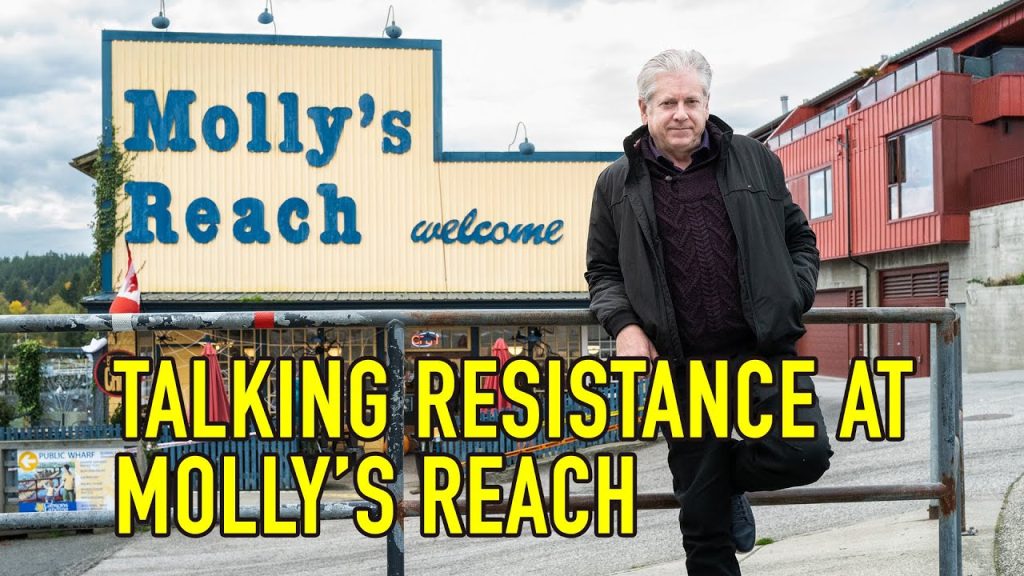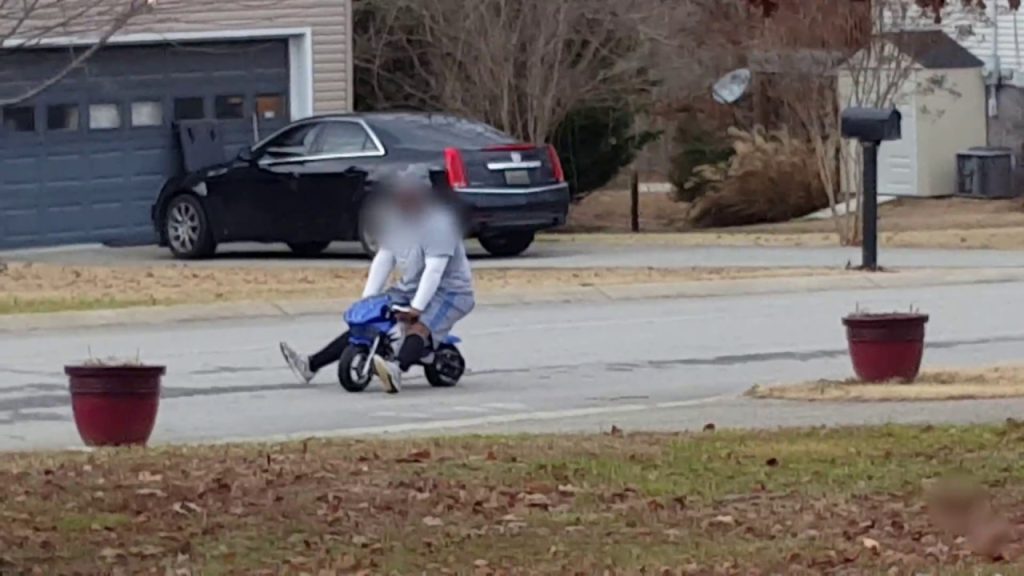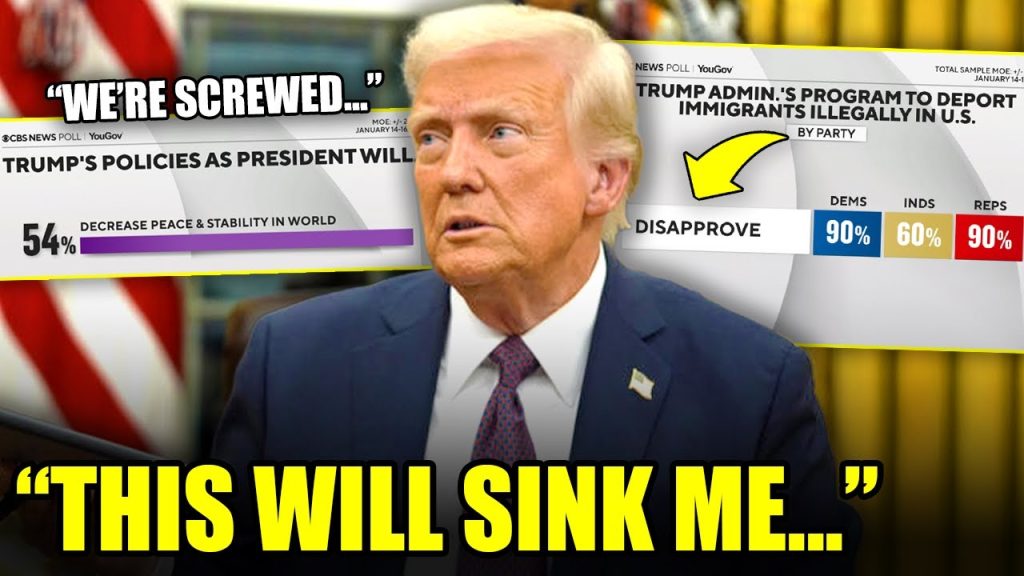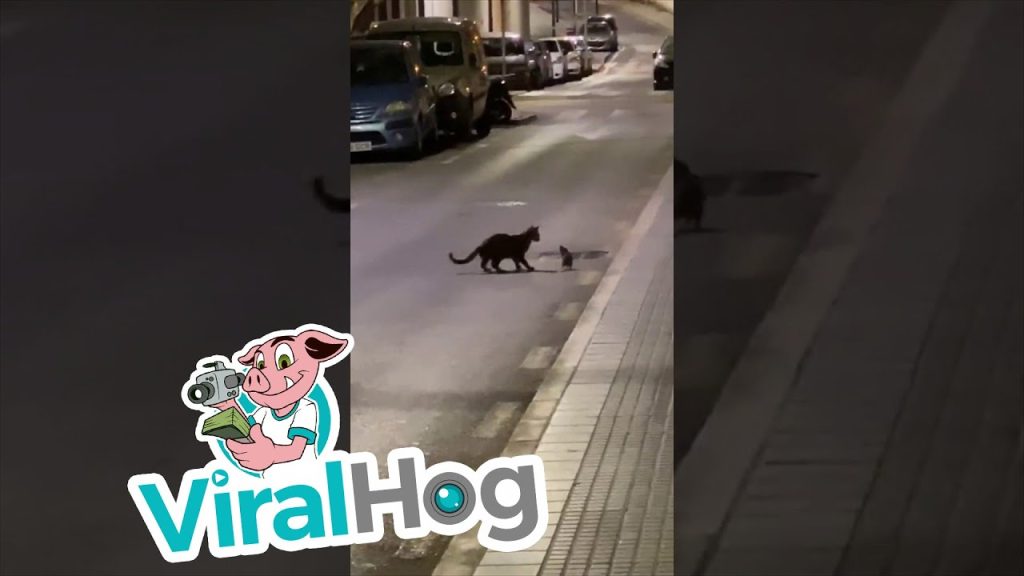The evocative title, “Talking Resistance at Molly’s Reach,” immediately calls to mind a gathering centered around dialogue and activism at a location steeped in cultural significance. Molly’s Reach, a well-known restaurant and landmark in Vancouver’s picturesque neighborhood of Deep Cove, has long been a community hub. The phrase “talking resistance” suggests a focus on grassroots political engagement, dissent, or organizing with a local or broader social justice angle.
Resistance, as a concept in political discourse, often refers to the actions and conversations that challenge the status quo, government policies, or other systems of power. In recent years, regions across Canada, including British Columbia, have witnessed vibrant movements advocating for Indigenous rights, environmental protections, affordable housing, and racial justice, among other causes. This video title implies a meeting or forum where activists, community leaders, or concerned citizens may be sharing strategies, stories, and support for these kinds of resistance efforts.
Vancouver and its surrounding communities have a rich history of political activism. From Indigenous-led land stewardship campaigns to climate justice marches and solidarity protests, the Pacific Northwest remains a hotbed for progressive activism. Molly’s Reach, celebrated by locals and visitors alike, hosting such a conversation reflects the growing trend of informal community spaces transforming into arenas of political education and mobilization.
Understanding the layers of resistance requires recognizing both historical contexts — such as colonial legacies and socio-economic inequality — and contemporary challenges. Neighborhoods in Vancouver have grappled with affordability crises, debates on environmental conservation, and the rights of marginalized populations. Events framed as “talking resistance” often provide a platform for intersectional conversations about these complex issues and highlight local efforts contributing to broader social movements.
For readers looking to deepen their understanding of the themes likely touched upon in “Talking Resistance at Molly’s Reach,” exploring local and national political landscapes alongside grassroots campaigns is essential. Knowledge of Indigenous sovereignty debates, climate action initiatives, and community-led urban development discussions will provide valuable context for comprehending what “resistance” means in today’s political environment.
Where to Learn More
- CBC News British Columbia – Trusted coverage of regional political and social issues
- The Georgia Straight – Independent news and analysis focusing on Vancouver’s local politics and culture
- Amnesty International Canada – Reports and updates on human rights activism across Canada
- First Nations Drum – Coverage of Indigenous issues and activism in British Columbia
- Sierra Club BC – Environmental advocacy and grassroots action in British Columbia




